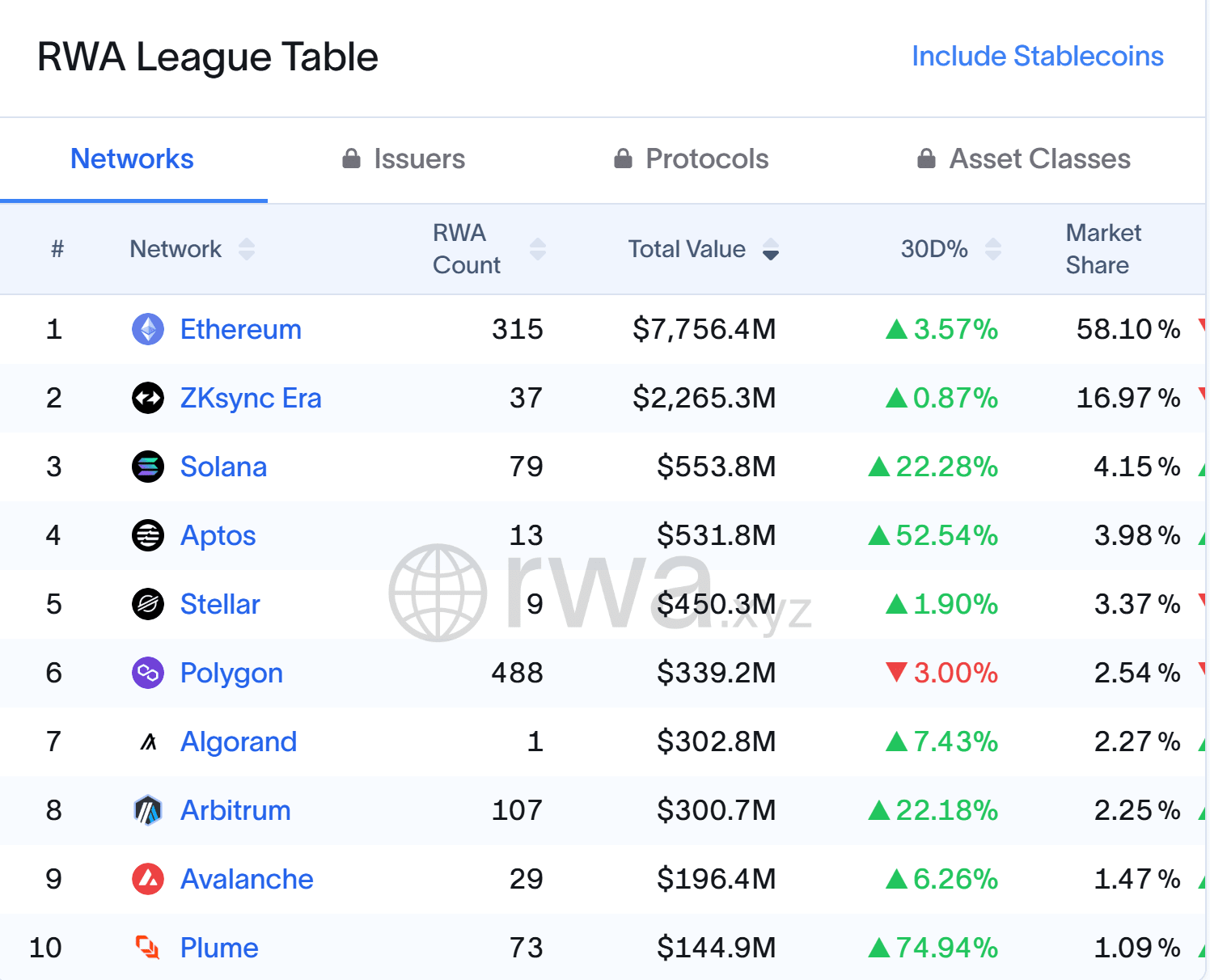According to Ray Youssef, CEO of the financial application NoOnes, more and more corporations view Ethereum (ETH) as an important infrastructure component, driving a wave of increased ETH allocation in corporate treasuries.
"Ethereum is starting to look like a hybrid between technology stocks and digital money. This is very attractive to corporate financial strategists looking for solutions beyond passive storage," Youssef shared.
In the past month, leading corporate treasuries have purchased at least $1.6 billion worth of ETH. On Monday, BitMine — the company chaired by Tom Lee of Fundstrat revealed it holds 163,142 ETH, worth about $480 million.
SharpLink Gaming, founded by Ethereum co-founder Joseph Lubin, currently leads in the amount of ETH held in the business, with over 280,000 ETH as of Sunday, equivalent to more than $840 million. The company has purchased a large amount of ETH in recent days.
Some other prominent businesses also participating include Bit Digital, holding over 100,000 ETH, and Blockchain Technology Consensus Solutions (BTCS), increasing their total ETH holdings to 29,122 ETH after successfully raising $62.4 million. Additionally, GameSquare recently announced plans to build a $100 million ETH treasury.
According to Youssef, this shift indicates that the utility factor is gradually matching the narrative factor in shaping financial institutions' choices.
"Bitcoin has long been seen as the digital gold standard, but Ethereum is gradually winning the trust of institutions looking to balance their balance sheets with networks that drive tokenized finance."
Staking yields and compliance enhance the appeal of ETH to institutions.
Youssef stated that the staking yields of ETH, its flexible programmability, and its regulatory-friendly roadmap have made Ethereum more attractive to forward-thinking businesses, especially those already engaged in the digital economy.
He also predicts that Ethereum's influence will continue to expand:
"Ethereum is gradually becoming the primary digital platform for tokenized assets, stablecoins, and smart contracts — becoming the preferred reserve cryptocurrency for businesses operating in this area."
Most stablecoins and protocols related to real-world assets (RWA) today are built on Ethereum or Ethereum-compatible chains.
According to data from RWA.xyz, Ethereum is leading the RWA market with 315 projects, totaling a value of $7.76 billion, accounting for 58.1% market share. The second place is held by Ethereum's layer-2 solution - ZKsync Era, with 37 projects worth $2.27 billion, nearly 17% market share.
Solana ranks third with 79 projects, a total value of $553.8 million, equivalent to 4.15% market share, but recorded the fastest growth rate at 22.28%.

Youssef believes that Ethereum's dominance in the tokenized U.S. Treasury Bonds space is just the beginning of a broader wave of on-chain financial products such as debt, equity, and yield-generating instruments.
"Ethereum provides the necessary standards and liquidity for these financial instruments to develop," he commented.
Legal regulation remains a barrier.
However, Youssef also noted that the lack of legal clarity remains a significant barrier for businesses to adopt ETH into their treasury.
He emphasized the need for more specific guidelines on how to classify staking activities — whether staking is considered a type of service, security, or other forms of assets.
For large businesses to participate, they also need clarity on accounting recognition, tax treatment of staking rewards, as well as digital asset custody standards.
"Large corporations often act slowly because they cannot accept ambiguous legal risks. But once those factors are clearly addressed, the adoption process will accelerate significantly," Youssef affirmed.